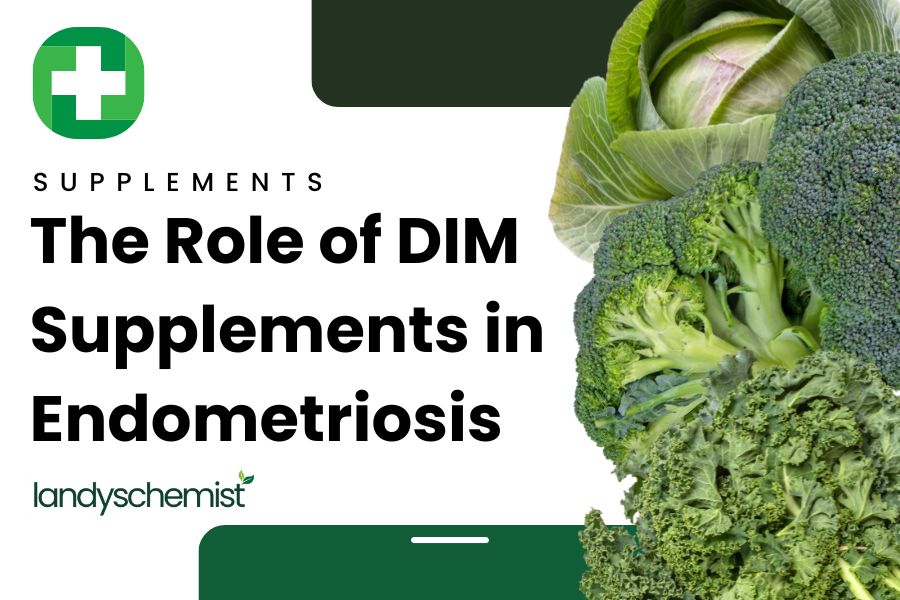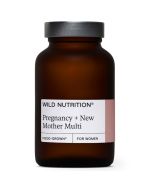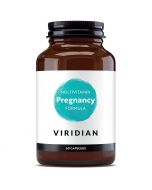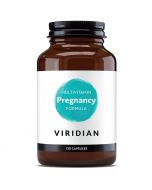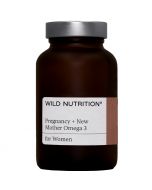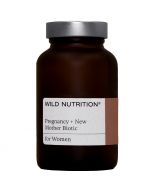
Can You Take Creatine While Pregnant? Safety & Considerations
Creatine supplements are widely used to enhance physical performance, but their effects during pregnancy remain under-researched. While no harmful side effects have been reported so far, the current lack of clinical studies and evidence means the safety and risks of creatine supplementation during pregnancy cannot be confirmed. In this article, we explore the existing research and what you need to consider before contemplating supplementation with creatine during pregnancy.
Related Topics:
- Should You Take Creatine Before Bed?
- Creatine Gummies vs. Powder
- Does Creatine Make You Gain Weight?
What is Creatine?
Creatine is a naturally occurring compound found in the body and in foods like red meat and fish. It’s most commonly used to enhance muscle strength, improve exercise performance, and support energy production at the cellular level. While creatine supplementation is popular among athletes, there’s growing interest in its role during pregnancy.
Potential Benefits of Creatine During Pregnancy:
“Pregnancy places significant physiological demands on the body, making it essential to maintain optimal energy levels for both mother and baby.” explains Panasha Desai, Pharmacist at Landys Chemist. Creatine may help meet these demands by:
- Energy Production: Creatine supports cellular energy production, which is important during pregnancy. A prospective cohort study examined creatine metabolism in low-risk pregnant women, highlighting its role in maintaining energy homeostasis.
- Fetal Growth: Adequate creatine levels may promote fetal growth. Research has explored creatine metabolism during pregnancy, suggesting its importance in supporting fetal development.
- Protection Against Birth Asphyxia: A study suggests that maternal creatine supplementation may protect against birth asphyxia by enhancing fetal resilience to oxygen deprivation.
- Reducing Risk of Brain Injury: Preclinical research suggests that creatine supplementation during pregnancy may reduce the risk of hypoxic-ischemic encephalopathy in newborns.
- Preventing Tissue Injury: Creatine may protect against tissue injury caused by hypoxia and circulatory collapse in animal trials.
Is Creatine Safe During Pregnancy?
Currently, there isn’t enough research to fully encourage the safety of creatine supplementation during pregnancy. Preclinical animal studies have suggested potential benefits for both maternal and fetal health, including improved fetal growth and cellular function. However, these effects have not been confirmed in human trials.
How Much Creatine Should You Take During Pregnancy?
There is no established dosage for creatine during pregnancy. For non-pregnant individuals, the standard dosage is 3-5 grams per day, but for pregnant women, lowering this dosage would be advisable due to the lack of conclusive research on its safety during pregnancy. It is essential to approach creatine supplementation cautiously and avoid self-dosing.
Should You Take Creatine Throughout Your Entire Pregnancy?
Because of the limited research available, it’s generally not recommended to take creatine throughout pregnancy. “Given the lack of extensive human studies, healthcare professionals, including myself, often recommend discontinuing creatine after the first trimester to prioritise safety.” explains Panasha Desai.
Who Should Avoid Creatine? Risks During Pregnancy
Read more: Centers for Disease Control and Prevention (CDC): Medicine Use During Pregnancy.
Certain individuals should avoid creatine supplementation:
- Women with Pre-Existing Kidney Conditions: Although low risk, creatine may increase strain on the kidneys, making it unsuitable for those with kidney disease or impaired kidney function. Find out more: Testing for Kidney Disease during Pregnancy.
- Individuals with Rare Metabolic Disorders: Conditions like GAMT or AGAT deficiency (genetic disorders affecting creatine synthesis) may worsen with supplementation.
- Pregnant Women with High Blood Pressure: Due to the lack of comprehensive studies on this subject, it is advisable for pregnant women, especially those with a history of hypertension or pre-eclampsia to avoid creatine supplementation. Read more: The National Institute for Health and Care Excellence (NICE) Guidelines on Managing Hypertension during Pregnancy.
Summary
Creatine supplementation during pregnancy is a topic still under investigation. Early research highlights potential health benefits, including energy balance and fetal protection without any negative effects, but there isn’t enough evidence to confirm safety or efficacy for pregnant women.
“As it stands, while preclinical data is promising, the lack of comprehensive human studies means we cannot fully endorse creatine supplementation during pregnancy,” adds Panasha Desai.
References:
- https://research.monash.edu/en/publications/creatine-and-pregnancy-outcomes-a-prospective-cohort-study-of-cre
- https://www.mdpi.com/2072-6643/13/2/490
- https://bmcpregnancychildbirth.biomedcentral.com/articles/10.1186/1471-2393-14-150
- https://www.cdc.gov/medicine-and-pregnancy/about/index.html
- https://www.cdc.gov/kidney-disease/testing/index.html
- https://www.barnsleyhospital.nhs.uk/sites/default/files/2023-07/management-of-hypertensive-disorders-in-pregnancy.pdf
- https://www.jrnjournal.org/article/S1051-2276(19)30228-6/abstract
- https://link.springer.com/article/10.1007/s00726-011-0852-z
Keywords: creatine during pregnancy, creatine safety, creatine supplementation pregnancy, creatine benefits pregnancy, is creatine safe during pregnancy, creatine risks pregnancy, creatine dosage pregnancy, creatine fetal growth, creatine pregnancy studies, creatine and energy production pregnancy



